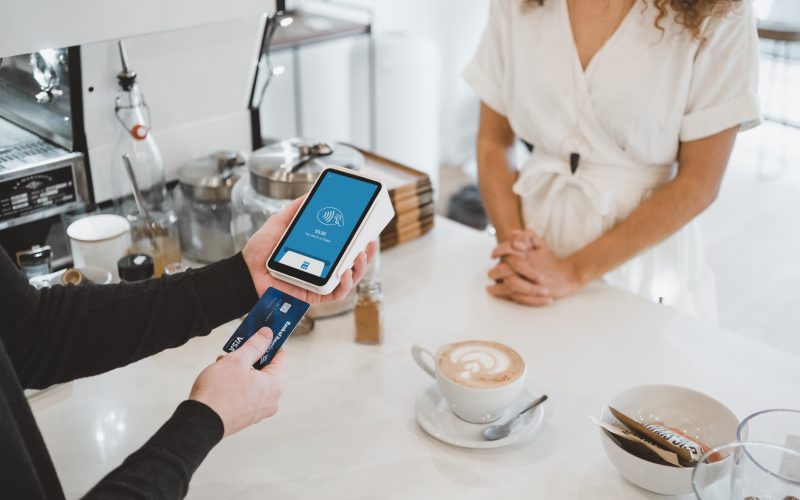Debt accrued through credit cards remains the most common form of borrowing in the UK as more than two fifths (42%) of Brits admit to owing money through credit cards, according to a recent report by the personal finance experts at NerdWallet.
In November last year, credit card borrowing reached its highest level since 2004 which means a lot of UK households will be looking for ways to keep tighter control of their spending as living costs soar.
Rhiannon Philps, a personal finance expert at NerdWallet says, “As the cost of living continues to squeeze finances with no signs of slowing down, and with credit card debt at a record high, it may be beneficial for Brits to keep a closer eye on their outgoings.
“One way to do this could be by cutting down on contactless credit or debit card payments, and tracking how much money you are spending by budgeting with cash. If you pay for something with a quick tap on a machine, there is always the temptation to overspend, whereas using cash can help you keep to your spending limits.”
Below, Rhiannon offers useful ways to swap credit or debit card payments in favour of cash payments to have better control over spending and budgeting:
- Set yourself a weekly budget
“A good starting point is setting yourself a monetary budget at the start of every week that you can stick to. While some weeks may be more expensive than others, by factoring in any outgoings you expect to have and placing a realistic budget for the week ahead, you will be able to track any unnecessary spending.
“Setting a weekly budget will encourage you to be much more aware of what you are able to cut down on, particularly with physical cash as you will want to avoid running out or becoming over-reliant on an overdraft or credit card.
“Try to be strict with yourself and stick to your budget. If you do find you’re overspending regularly, adjust your budget accordingly.”
- Use the envelope budgeting system
“The envelope budgeting system is designed for people who primarily spend cash.
It is intended to control spending each month by limiting people to using only what’s available in each allocated envelope.
“To begin, start with multiple envelopes each of which represents a different budget category. These categories can include; bills, rent, leisure, food and grocery, savings, fashion, beauty, etc.
“Then assign a certain amount of cash to each envelope based on how much you anticipate spending in that category for the month ahead.
“Once the envelope is empty of cash, you should not spend any more money in that category until your new budget period begins. This will help you realise if you are over or underestimating how much different areas of your life are costing you each month, and help you to understand where you can afford to make cutbacks on non-essential spending.”
- Leave your purse/wallet at home
“While it’s only natural to want to take your purse or wallet out with you, if it contains debit or credit cards, the temptation to overspend will remain if you’re attempting to budget with cash.
“Either remove your cards from the wallet or leave them at home and just bring out any relevant IDs and cash you need. If you want to ensure you have access to a card in case of an emergency, try placing one card in your purse/wallet with a post-it that reminds you it is only to be used if absolutely necessary. You’ll be surprised how effective a note to yourself can be when it comes to reigning in unnecessary purchases!”
- Avoid withdrawing cash from credit cards
“Using cash can be an effective way to control spending, but if you’re withdrawing cash on credit cards, this could be doing more harm than good. Even if you have a 0% on purchases deal, you will be charged interest for withdrawing cash out.
“The amount of interest varies, but the rate for cash advances is usually higher than the interest rate for purchases. What’s more, when you withdraw cash on your credit card, the interest is added to your account immediately. So, even if you pay off the account balance by the due date, you’ll pay that cash advance interest. On top of this, you may also be charged a cash handling fee, typically around 2% of the amount you withdraw.
“Therefore, that £20 you withdrew could end up costing you a lot more.”
- Be wary of ATM charges
“Something many people can be stung with when withdrawing cash is the additional small charges many ATMs make that all add up.
“Whilst in the UK, taking money out of a cash machine with a debit card is usually free, there are some exceptions such as convenience cash machines – especially those found inside small shops, at garages, or in nightclubs.
“These machines can charge up to £5 each time you withdraw money from them, therefore if you need to withdraw money, always think ahead and go to your local bank where it’s safe and free.









